Mental health awareness week (MHAW) 15 – 21 May 2023
_________________________
What are mental health boosters?
By Jennie Soh
As students, maintaining a healthy mental state is essential for success, not just in university, but in life. To do this, we may use mental health boosters, which help to manage stress and maintain a positive mind. While many of us are familiar with mental health boosters such as meditation, healthy eating, and socializing, this blog will explore novel mental health boosters that might offer a fun and refreshing experience and go beyond the typical suggestions!
-
Create a Self-Care Kit
A self-care kit is a collection of items and activities that bring you comfort and help you re-centre. They can be physical objects, like a stress ball or a soft blanket, or activities, like listening to a favourite song or engaging in a creative hobby. Choose something from your kit whenever you feel like giving your brain a much-needed break!
-
Practice Gratitude Journaling

Set aside a few minutes to list three things you’re grateful for each day. They can be simple, like a delicious meal, finishing an assignment, or a kind gesture from a friend. By focusing on positive experiences, you can cultivate a more optimistic outlook and better manage stress! Plus, keeping a gratitude journal can help you reflect on your growth and accomplishments throughout your time at university.
-
Create a Worry Window
Instead of being preoccupied with worries throughout the day, designate a specific time for them. Set aside a few minutes each day as your “worry window” – a period when you allow yourself to acknowledge your concerns and fears. During this time, write down your worries and possible solutions. Then, once the window closes, allow yourself to let go of your stresses and focus on your tasks.
-
The Pomodoro Technique with a Twist

You might have heard of the Pomodoro Technique, which involves breaking your work into intervals (usually 30 minutes) with short breaks in between. But have you tried combining it with mindfulness? In this approach, instead of taking a usual break, take a 5-minute mindfulness break. Close your eyes and focus on your breathing or do a body scan. Then, return to your tasks with renewed energy and clarity.
Remember that your mental health is just as important as your academic performance. By incorporating these mental health boosters into your routine, you are not only taking care of yourself but also preparing yourself for success!


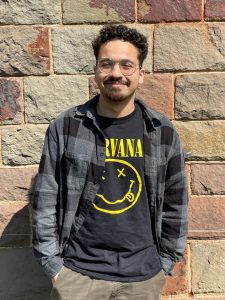
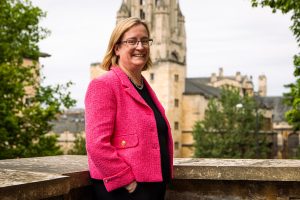
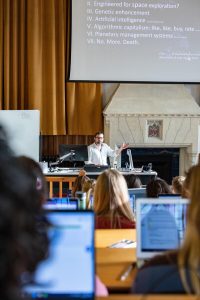 The benefits of a new network will be felt by all 30,000+ members of our community. Anyone who joins the local network on, or away from, campus will experience a seamless, secure, sustainable, and fully supported digital environment.
The benefits of a new network will be felt by all 30,000+ members of our community. Anyone who joins the local network on, or away from, campus will experience a seamless, secure, sustainable, and fully supported digital environment. Spring is finally here! I think it’s fair to say that we are all looking forward to the lighter nights. Leaving lectures at 5 pm to find that it is already pitch-black for the walk home is certainly a bleak part of the winter term. And the lighter mornings will be welcomed too, making those 9 am classes a little more bearable. The days have been getting longer since December but after March 20th we will have more hours of daylight than of darkness every day. Now that’s something to look forward to.
Spring is finally here! I think it’s fair to say that we are all looking forward to the lighter nights. Leaving lectures at 5 pm to find that it is already pitch-black for the walk home is certainly a bleak part of the winter term. And the lighter mornings will be welcomed too, making those 9 am classes a little more bearable. The days have been getting longer since December but after March 20th we will have more hours of daylight than of darkness every day. Now that’s something to look forward to. Moving away from modern-day traditions, there is an ancient tradition that exists in Chichen Itza in Mexico whereby the spring equinox is known as the return of the sun serpent. The Mayans built a huge pyramid in 10000 AD that signalled the start of the seasons by the way the light landed on it. On the spring equinox, when the light touches the pyramid, it looks like a snake slithering down the steps. This phenomenon is as old as they come and it is certainly a spectacle.
Moving away from modern-day traditions, there is an ancient tradition that exists in Chichen Itza in Mexico whereby the spring equinox is known as the return of the sun serpent. The Mayans built a huge pyramid in 10000 AD that signalled the start of the seasons by the way the light landed on it. On the spring equinox, when the light touches the pyramid, it looks like a snake slithering down the steps. This phenomenon is as old as they come and it is certainly a spectacle.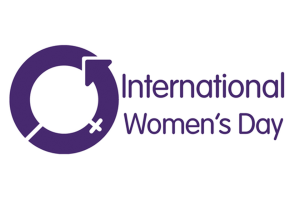
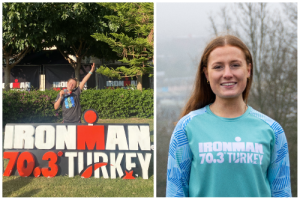 Megan Hamill, a final year student overcame an eating disorder to complete a half Ironman. Now she’s
Megan Hamill, a final year student overcame an eating disorder to complete a half Ironman. Now she’s  27 February is the start of National Student Money Week and this year’s theme is Navigate the Numbers: Coping with the Cost of Living. We know that living costs remain a focus for many of you, so our Student Champions wanted to share some of their top tips with you to help.
27 February is the start of National Student Money Week and this year’s theme is Navigate the Numbers: Coping with the Cost of Living. We know that living costs remain a focus for many of you, so our Student Champions wanted to share some of their top tips with you to help.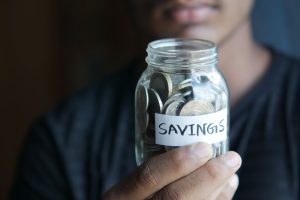
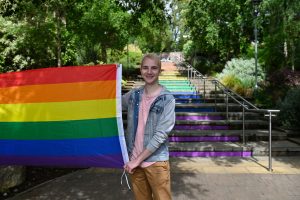

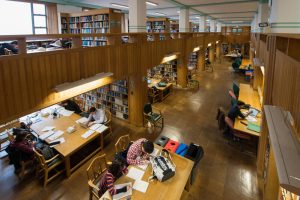


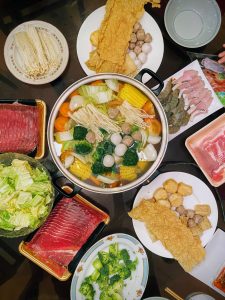 Reach out to your loved ones back home. Whether it’s through a phone call, video chat, or even just a text message, staying in touch with your family and friends can help you feel connected and supported.
Reach out to your loved ones back home. Whether it’s through a phone call, video chat, or even just a text message, staying in touch with your family and friends can help you feel connected and supported.